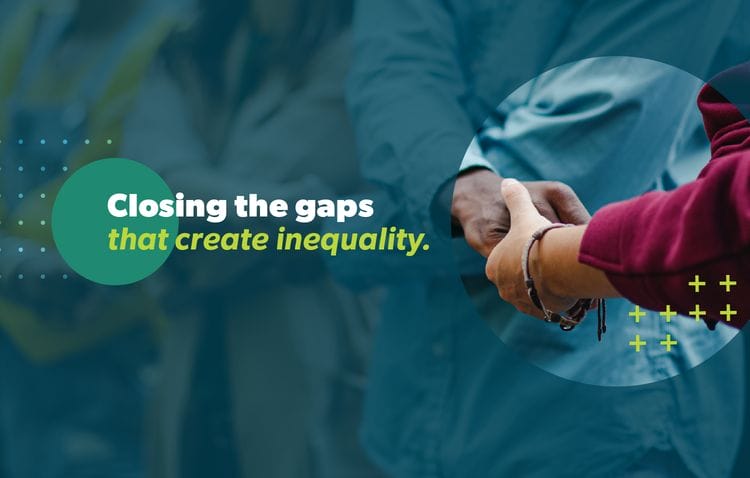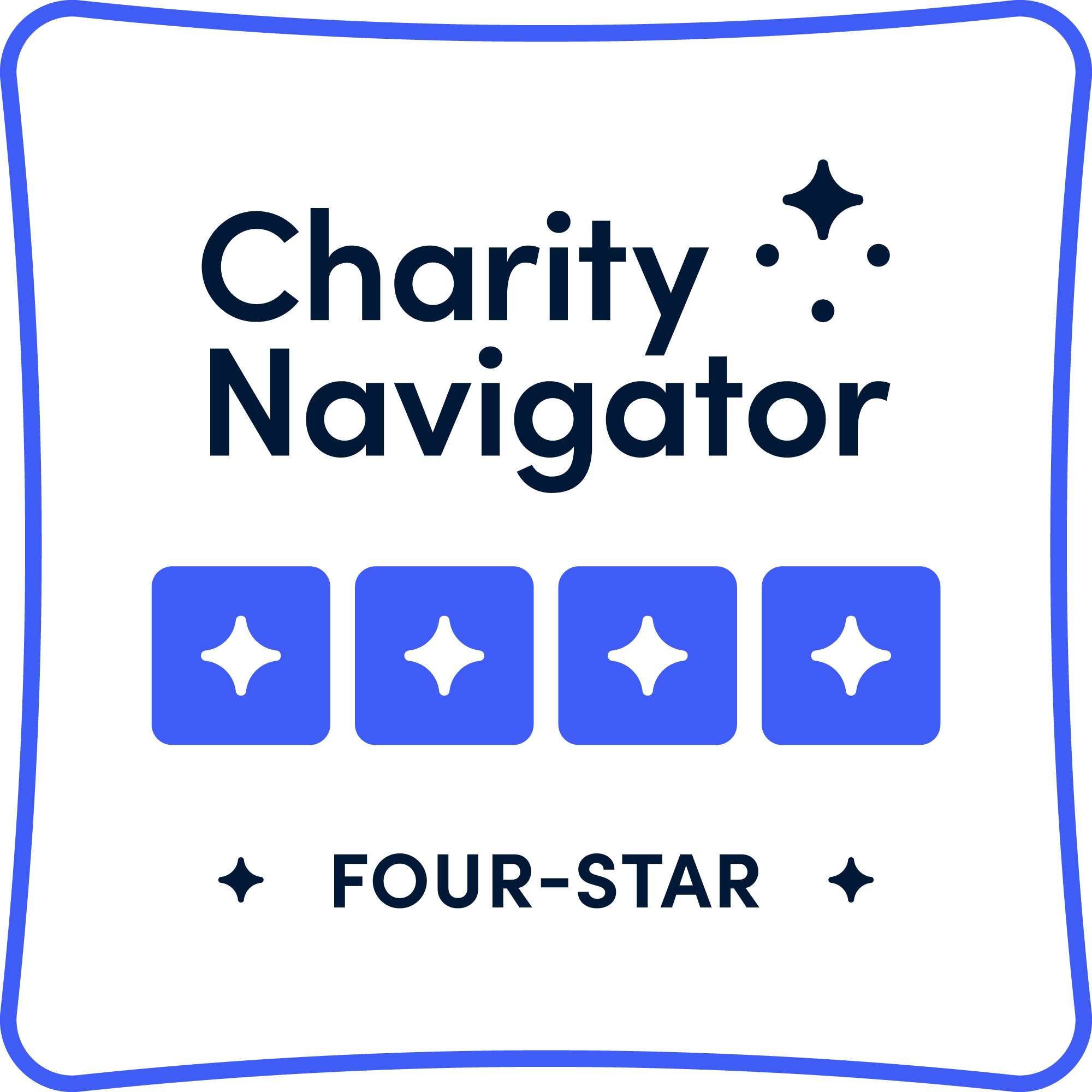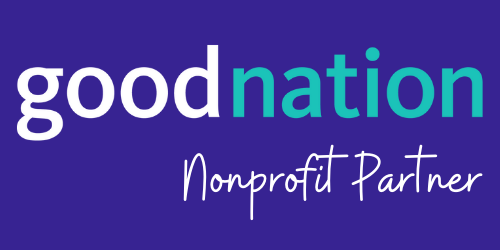ideas42 was founded nearly 15 years ago on the belief that many of the world’s greatest challenges, particularly those that disproportionately impact those with the least, could benefit from behavioral solutions.
Poverty, education, health, the justice system—across all of these issues and more, persistent inequalities resisted easy resolution. We’ve been at the forefront of pioneering an approach that centered insights about how people actually live and was sensitive to the contexts that shape people’s lives. Now, we’re more sure than ever that behavioral science has an irreplaceable role to play in building a more just world where everyone can thrive.
What evidence do we have to support that?
Our 2022 Impact Report showcases the broad range of our work and details how our approach to behavioral design is changing the world. Over the past decade, we’ve refined our work to be even more focused (and ambitious) on how we can counter global inequality.
Closing the gaps that create inequality using behavioral science is our North Star. In everything we do, we ask, How will this move us toward a more equitable world? Though ideas42’s work covers a range of issues, across all of them them our organizing principle remains the same: to remove barriers that perpetuate inequality.
What does this look like in practice? Here are just three Spotlights—representative case studies, chosen from dozens of insights—that showcase what we’ve accomplished and, most importantly, model how ideas42’s approach to behavior change can create impact across a broad range of contexts and in ever more ambitious ways. Recently, we’ve worked to:
- End mistreatment in maternity care. In 2018, our Global Health team collaborated with birthing women, care providers, health administrators, and policymakers in Zambia to identify why women are often mistreated during childbirth. Our team then worked with the organization Safe Motherhood 360+ as part of the Breakthrough RESEARCH portfolio funded by USAID to develop four solutions that reduced abusive care, increased pain management support, and fostered greater empathy among providers.
- Boost college students’ success. Our U.S. Education team has found time and again that seemingly minor issues—like procrastinating on an application deadline or being slow to make new friends on campus—can accumulate to push down overall graduation rates. After generating, applying, and testing dozens of behavioral insights to raise college completion rates, we’re scaling up our approach to help millions of U.S. students stay on track and earn degrees.
- Redefine the narratives of poverty. Tens of millions of Americans live in poverty, struggling to make it from month to month, day to day. Through surveys and focus groups in six cities across the United States, we’ve worked to rigorously examine narratives behind systems that keep people in poverty and limit their ability to lead lives of their own choosing, so those narratives can then be changed. Now, our priority is to move from understanding negative poverty narratives to helping foster positive ones. From our perspective, this is the next frontier in behavioral science.
We haven’t accomplished these successes (or taken steps in our ever-more ambitious ongoing efforts) alone. We are grateful to our partners, funders, collaborators, and the growing behavioral science community for working with us to fulfill our mission. Because you share a vision for a future where inequality is a thing of the past, we’re optimistic about what’s to come.
Learn more about our work in our latest impact report or by contacting us at info@ideas42.org.



